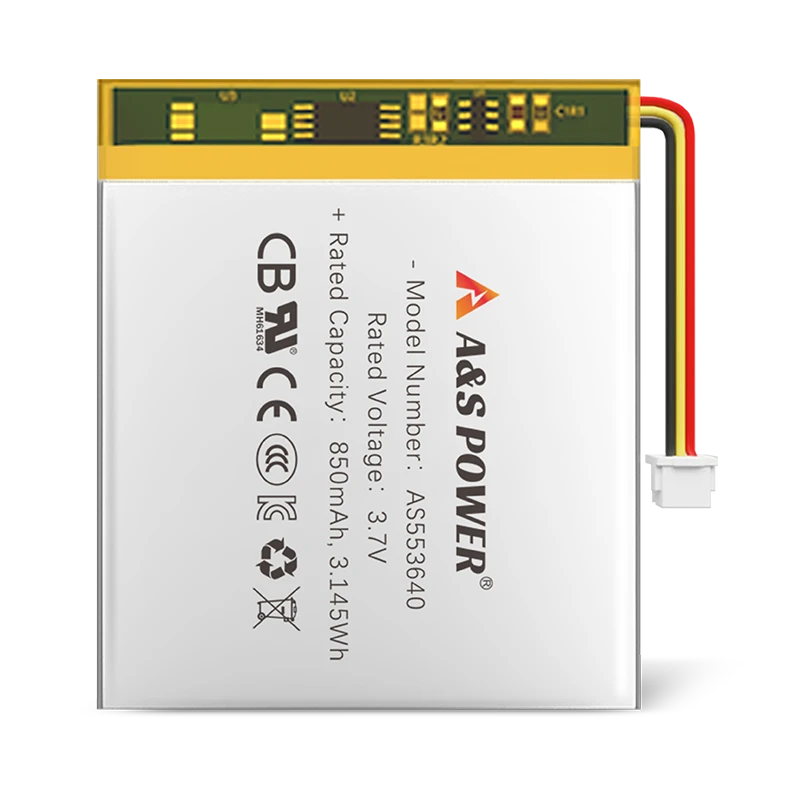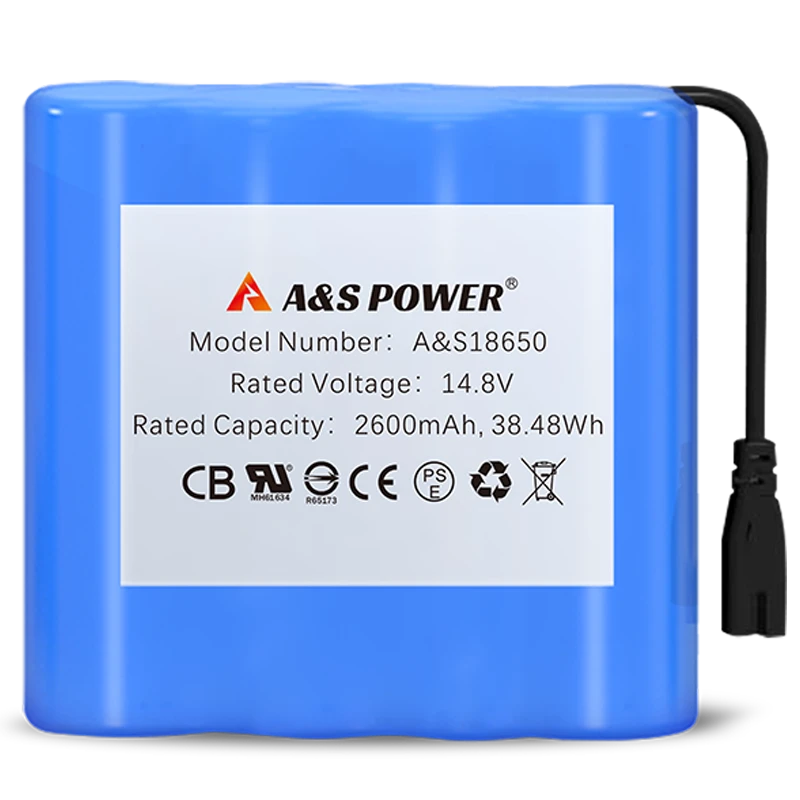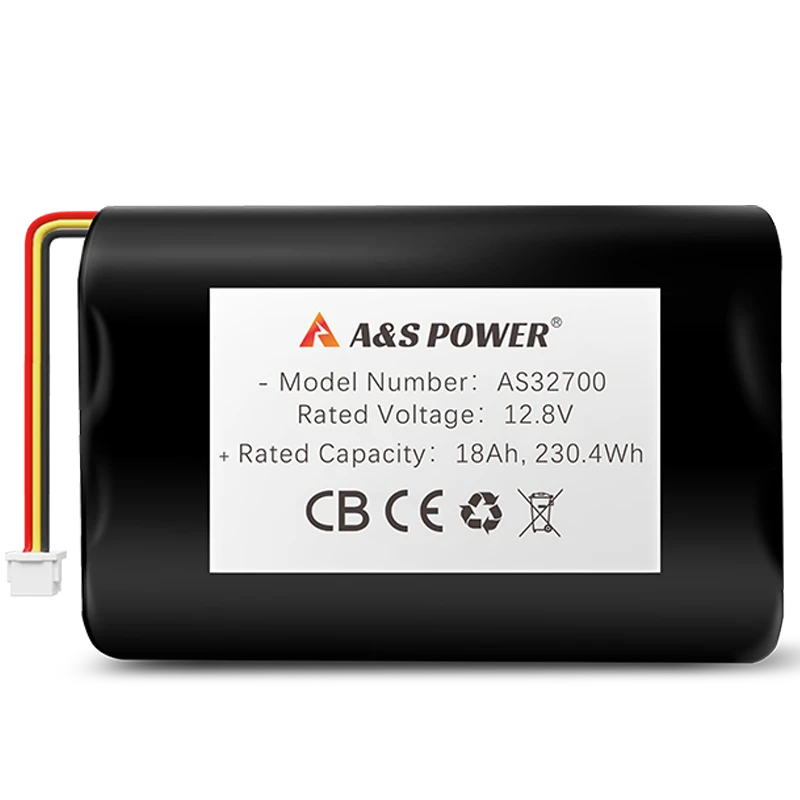Why Lithium Batteries Are the Best Choice for EV Riders in 2025
When it comes to powering electric vehicles, the lithium-ion battery stands out as the ultimate solution for riders like you. Its remarkable energy efficiency ensures you get more miles on every charge, while its lightweight design enhances your vehicle's performance. Lithium batteries also offer unmatched safety, giving you peace of mind during every ride. Plus, their cost-effectiveness means you save money in the long run. As the world shifts toward advanced electric transportation, choosing a lithium battery for EV rider needs guarantees reliability and compatibility with future innovations. Make the smart choice—embrace lithium technology today.
Key Takeaways
- Lithium batteries are very efficient, letting you go farther per charge.
- They are light, which helps vehicles go faster and use less energy.
- They need little care, saving you time and money over years.
- Safety features, like heat control, keep them safe in tough conditions.
- Using lithium batteries saves money long-term and helps the environment by recycling.
Advantages of Lithium Battery for EV Rider
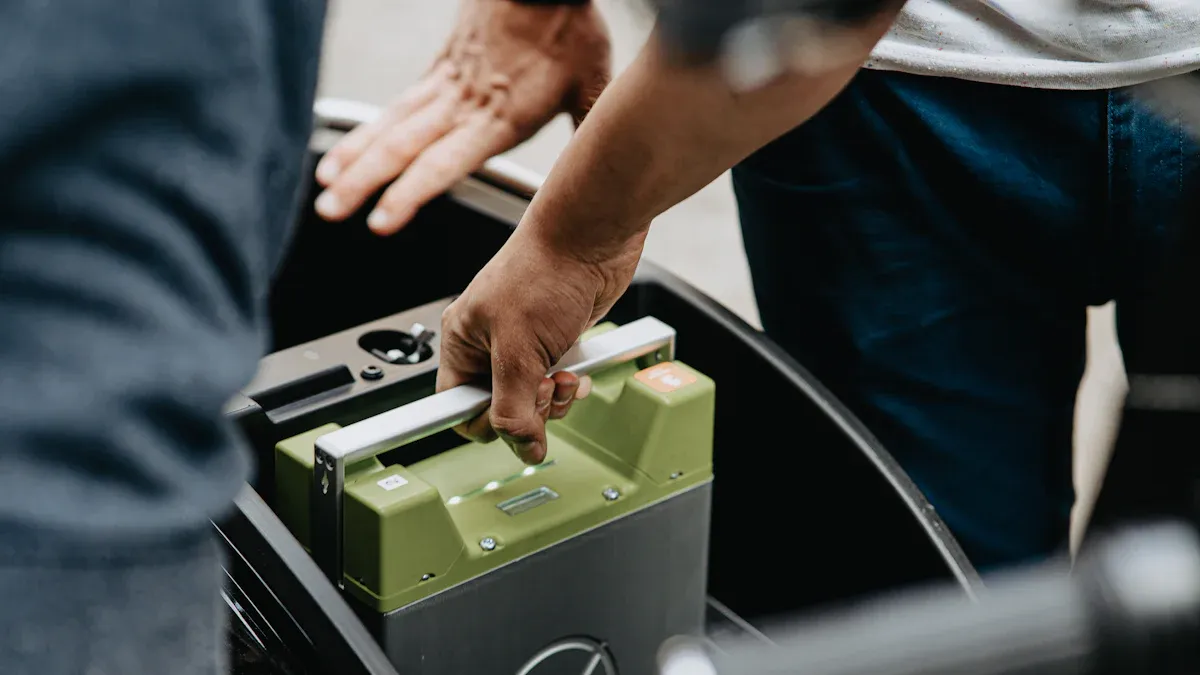
Energy Efficiency and Long Lifespan
When you choose a lithium battery for your EV, you're investing in unmatched energy efficiency and durability. Lithium batteries deliver more power per charge, allowing you to travel longer distances without frequent stops. Unlike traditional lead-acid batteries, which take over 8 hours to charge, lithium batteries can go from 0% to 100% in just 3 hours. This rapid charging capability ensures you spend less time waiting and more time on the road.
- Did you know? Lithium batteries retain 85% of their capacity even in freezing temperatures as low as -20°C, while lead-acid batteries drop to just 50%. This makes lithium the ideal choice for riders in diverse climates.
| Chemistry | Max Charge Rate | Cycle Life |
|---|---|---|
| Lead-Acid | 0.2C | 300 |
| LiFePO4 | 1C | 2000+ |
With a lifespan of 2000+ cycles, lithium batteries outlast lead-acid alternatives by a significant margin. Over time, this longevity translates to fewer replacements and substantial savings. For delivery fleets, this can mean saving up to $1,200 per vehicle over three years. Whether you're commuting daily or embarking on long trips, lithium batteries ensure your electric vehicle remains reliable for years to come.
Lightweight Design for Enhanced Performance
The lightweight design of lithium batteries revolutionizes how your EV performs. By reducing the overall weight of your vehicle, these batteries enhance acceleration, handling, and energy efficiency. A lighter battery means your EV consumes less energy to move, giving you an extended range on every charge.
| Metric | Benefit Description |
|---|---|
| Energy Density | Higher energy density allows for more energy storage in a lighter battery design. |
| Thermal Management | Improved thermal management ensures uniform temperature distribution during charging. |
| Lifespan | Longer lifespan contributes to reduced replacement frequency and overall cost savings. |
This advanced design doesn't just improve performance—it also ensures better thermal management. Lithium batteries maintain a uniform temperature during charging and discharging, reducing the risk of overheating. Whether you're navigating city streets or tackling rugged terrains, the lightweight design of lithium batteries guarantees a smoother and more efficient ride.
Minimal Maintenance Needs
Say goodbye to the hassle of frequent maintenance. Lithium batteries require virtually no upkeep, unlike lead-acid batteries that demand regular water refills and corrosion checks. This low-maintenance feature saves you time, effort, and money.
- Pro Tip: With lithium batteries, you can enjoy a lifespan of 5-8 years without worrying about maintenance, making them a stress-free solution for EV riders.
The robust design of lithium batteries ensures they remain reliable even under heavy usage. Their advanced technology minimizes wear and tear, so you can focus on enjoying your ride instead of dealing with battery issues. For riders seeking convenience and peace of mind, lithium batteries are the ultimate choice.
Safety Features of Lithium Battery for EV Rider
Thermal Stability and Overheating Prevention
Safety is a top priority for any EV rider, and lithium batteries excel in thermal stability. These batteries are designed to resist overheating, even during high-demand situations like rapid charging or long-distance travel. Advanced thermal management systems ensure that heat is evenly distributed, preventing dangerous hotspots. This feature not only enhances safety but also extends the battery's lifespan.
- Tip: Always choose a lithium battery with built-in thermal protection to ensure your rides remain safe and worry-free.
Lithium batteries also incorporate fail-safe mechanisms to handle unexpected temperature spikes. For example, if the battery detects abnormal heat levels, it automatically reduces power output to prevent overheating. This proactive approach to battery protection makes lithium batteries a reliable choice for electric vehicles.
Advanced Battery Management Systems
A state-of-the-art battery management system (BMS) is the backbone of lithium battery safety. These systems provide real-time monitoring of critical parameters like voltage, temperature, and charge levels. By continuously analyzing this data, the BMS ensures optimal performance and prevents potential failures.
Recent technical evaluations highlight the effectiveness of these systems. For instance, a curvature-based knee identification method has been validated to diagnose battery degradation. This innovative approach identifies shifts in electrode material phase transitions, enabling the BMS to adjust control strategies and enhance battery longevity. With such advanced technology, you can trust that your lithium battery for EV rider needs will deliver both safety and sustainability.
- Note: A state-of-the-art battery management system not only protects your battery but also improves its overall efficiency.
Compliance with Safety Standards
Lithium batteries meet stringent international safety standards, ensuring they are safe for use in electric vehicles. Certifications like CE Marking in Europe and UL 9540 in North America verify their compliance with rigorous testing protocols. These certifications guarantee that lithium batteries adhere to the highest levels of safety and sustainability.
| Certification | Region | Description |
|---|---|---|
| CE Marking | Europe | Mandatory conformity mark for batteries and energy storage systems. |
| UL 9540 | North America | Safety certification standard for energy storage systems, requiring third-party testing. |
When you choose a lithium battery, you’re not just investing in performance—you’re also prioritizing safety. These certifications ensure that your battery meets global standards, giving you peace of mind during every ride.
Performance Benefits of Lithium Battery for EV Rider
Rapid Charging Capabilities
Time is precious, and lithium batteries ensure you spend less of it waiting for your electric vehicle to charge. With rapid charging capabilities, these batteries can power up from 0% to 80% in as little as 30 minutes, depending on the charger type. This feature is a game-changer for riders who value efficiency and convenience. Whether you're commuting to work or embarking on a road trip, you can recharge quickly and get back on the road without delay.
The fast-charging lithium-ion battery market is growing at an impressive compound annual growth rate (CAGR) of 16.80% from 2023 to 2032. This growth reflects advancements in battery technology, which enhance charging speed without compromising safety or performance. High energy density and long cycle life are key factors driving this innovation, ensuring that your battery delivers consistent results over time.
| Aspect | Description |
|---|---|
| Testing Method | High Power Pulse Capability (HPPC) testing |
| Purpose | Evaluates dynamic performance of Li-ion batteries under high-rate charging and discharging conditions |
| Relevance | Critical for applications requiring rapid power delivery, such as electric vehicles |
| Evaluation Focus | Battery's ability to deliver power efficiently without compromising capacity, voltage, and thermal stability |
| Insights Gained | Data for battery management system optimization and design improvements |
- Pro Tip: Pair your lithium battery with a fast-charging station to maximize its rapid charging potential and minimize downtime.
High Energy Density for Extended Range
Lithium batteries offer higher energy density, which translates to more power packed into a compact design. This feature allows your electric vehicle to achieve an extended range, reducing the need for frequent recharges. For riders, this means fewer interruptions and more freedom to explore.
Research highlights the impressive energy density of lithium batteries, with volumetric energy densities reaching up to 1149.85 Wh L−1 at a 0.2C rate. Even at higher discharge rates, such as 1C, these batteries maintain a density of 1094.18 Wh L−1. This performance ensures that your vehicle delivers consistent power, even during demanding conditions.
| Metric | Value |
|---|---|
| Tap Density | 2.62 g cm−3 |
| Specific Capacity (0.2C) | 166.3 mAh g−1 |
| Specific Capacity (5C) | 145.4 mAh g−1 |
| Capacity Retention (100 cycles) | 99.04% |
| Volumetric Energy Density (0.2C) | 1149.85 Wh L−1 |
| Volumetric Energy Density (1C) | 1094.18 Wh L−1 |
| Increase in Compaction Density | 4.8% |
- Did you know? Lithium batteries retain their high energy density even after hundreds of charge cycles, ensuring long-term reliability for your EV.
Adaptability to Extreme Conditions
Lithium batteries are built to perform, no matter the environment. Whether you're driving through scorching heat or freezing cold, these batteries adapt seamlessly to extreme conditions. This adaptability ensures that your vehicle remains reliable, even in challenging climates.
Innovations like Wireless Power Transfer (WPT) technology allow lithium batteries to charge without physical connections, making them ideal for harsh conditions such as rain or snow. Expansion behavior tests further validate their mechanical resilience, ensuring that the battery structure remains stable under varying stress levels. Additionally, cutting-edge designs, such as CATL's combination of sodium-ion and lithium technologies, enhance both range and charging speed, proving their versatility across diverse operational scenarios.
| Evidence Description | Key Findings |
|---|---|
| Wireless Power Transfer (WPT) Technology | Enables EV batteries to charge without physical connections, ideal for extreme conditions like rain and snow. |
| Expansion Behaviour Tests | New battery cells tested for expansion under varying conditions, providing insights into mechanical behavior and stress distribution. |
| CATL's Battery Innovations | Combines sodium-ion and lithium technologies for enhanced range and fast charging, showcasing adaptability to various operational conditions. |
- Tip: If you frequently drive in extreme weather, consider a lithium battery with advanced thermal management features for optimal performance.
Cost-Effectiveness of Lithium Battery for EV Rider
Long-Term Savings and Value
Lithium batteries offer you a cost-effective long-term solution for powering your electric vehicle. Their extended lifespan and minimal maintenance needs reduce the frequency of replacements, saving you money over time. Unlike traditional batteries, which often require costly upkeep, lithium batteries deliver consistent performance with little intervention. This reliability ensures you get the most value out of your investment.
- Continuous advancements in battery performance are driving market growth, making lithium batteries even more cost-effective long-term.
- The rising demand for lithium iron phosphate batteries highlights their affordability and safety, aligning perfectly with the needs of EV riders.
- Next-generation battery technologies are addressing challenges like cost and safety, further enhancing the economic viability of lithium batteries.
By choosing lithium batteries, you not only save on replacement costs but also benefit from their energy efficiency. This means fewer charging sessions and lower electricity bills, making them a smart choice for your wallet.
Recyclability and Environmental Impact
Lithium batteries stand out for their recyclability, making them an eco-friendly option for electric vehicles. Recycling technologies, such as direct and hydrometallurgical recycling, are improving sustainability by recovering valuable materials like lithium, cobalt, and nickel. These advancements reduce the environmental impact of mining and disposal, ensuring a greener future for EV riders.
- The life cycle of lithium batteries, from mining to disposal, has been extensively studied to minimize their environmental footprint.
- New recycling methods are overcoming economic and technological barriers, making lithium batteries more sustainable.
- Future battery technologies, like solid-state and sodium-ion, promise even better recyclability and reduced environmental impact.
By choosing lithium batteries, you contribute to environmental protection while enjoying the benefits of a high-performance energy source. Their recyclability ensures that your choice supports a cleaner planet.
Comparison with Alternative Battery Technologies
When compared to other battery technologies, lithium batteries emerge as the most cost-effective long-term option. Lead-acid batteries, for instance, have a shorter lifespan and require frequent maintenance, increasing their overall cost. Sodium-ion batteries, while promising, are still in the early stages of development and lack the proven reliability of lithium batteries.
| Battery Type | Lifespan (Cycles) | Maintenance Needs | Cost-Effectiveness |
|---|---|---|---|
| Lead-Acid | 300-500 | High | Low |
| Sodium-Ion | 500-1000 | Moderate | Moderate |
| Lithium-Ion | 2000+ | Low | High |
Lithium batteries also outperform alternatives in terms of energy density and adaptability to extreme conditions. This makes them the ideal choice for riders seeking a reliable and efficient power source for their vehicles.
By investing in lithium batteries, you gain access to cutting-edge technology that balances affordability, performance, and sustainability.
Future-Proof Design of Lithium Battery for EV Rider
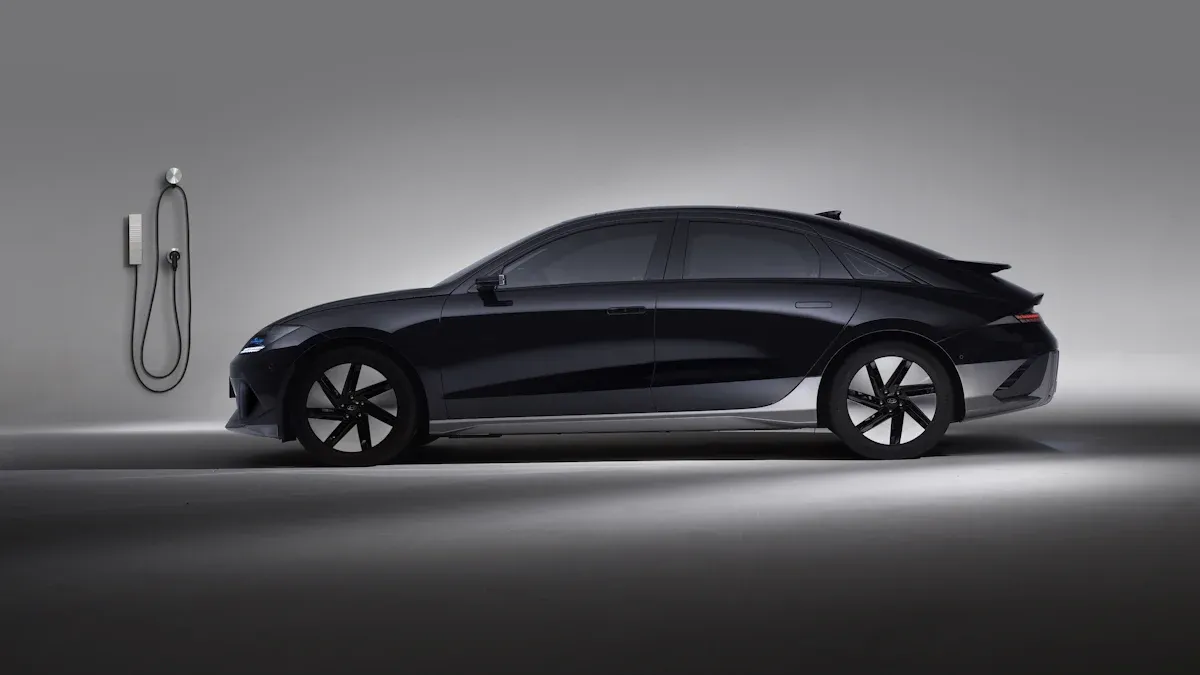
Compatibility with Emerging EV Innovations
Lithium batteries are designed to keep pace with the rapid evolution of electric vehicles. Their adaptability ensures they remain compatible with cutting-edge technologies, such as electrified powertrains and advanced battery management systems. As the industry shifts toward low-carbon solutions, lithium-ion batteries play a pivotal role in powering the next generation of EVs.
- Lithium hydroxide monohydrate, derived from brine and ore resources, is now being used in battery cathodes, enhancing their efficiency and sustainability.
- A clear roadmap for electric vehicles highlights the dominance of electrified powertrains in future designs, ensuring lithium batteries remain at the forefront of innovation.
| Source | Description |
|---|---|
| Growing Low Carbon Solutions | Discusses the application of lithium-ion battery cathodes in EV technology. |
- Tip: By choosing lithium batteries, you ensure your EV is equipped to handle future advancements seamlessly.
Advancements in Lithium Battery Technology
The relentless pace of innovation in lithium battery technology guarantees better performance and reliability for EV riders. Recent breakthroughs have significantly improved energy density, charging speed, and durability.
- Lithium manganese-based cathodes now achieve over 400Wh/kg energy density, extending the range of EVs.
- Tesla's silicon oxygen negative electrode increases energy density by 20%, while Toyota's sulfide solid-state batteries promise a 1200 km range with just a 10-minute charge.
- Dry electrode technology reduces production costs by 30% and energy consumption by 60%, making lithium batteries more affordable.
Artificial intelligence is also accelerating material discovery, enabling faster development of next-generation batteries. With these advancements, you can expect your EV to deliver exceptional performance for years to come.
Support from Global EV Infrastructure
The global push for sustainable transportation has led to significant investments in EV infrastructure, ensuring lithium batteries integrate seamlessly with charging networks. Cities like Dublin are implementing bi-directional charging solutions, enabling Vehicle-to-Grid (V2G) operations. This technology allows your EV to not only charge but also supply energy back to the grid, enhancing sustainability.
Second-life lithium-ion batteries are also being repurposed for energy storage, helping manage energy demand and reducing waste. These initiatives demonstrate the versatility and long-term viability of lithium batteries in the evolving EV ecosystem.
By investing in lithium batteries, you align with a future-ready solution that supports the growing electric vehicle infrastructure worldwide.
Lithium batteries are the ultimate choice for powering your electric vehicle in 2025. They deliver unmatched energy efficiency, safety, and performance, ensuring you get the most out of every ride. Their cost-effectiveness saves you money over time, while their adaptability to future electric vehicle technologies guarantees long-term reliability.
- Why wait? Upgrade to lithium batteries today and experience the perfect balance of performance, value, and sustainability. Make the smart choice for your EV journey.
FAQ
What makes lithium batteries better than lead-acid batteries for EVs?
Lithium batteries last longer, charge faster, and weigh less than lead-acid batteries. They also require minimal maintenance and deliver higher energy efficiency. These advantages make lithium batteries a superior choice for EV riders seeking reliability and performance.
How safe are lithium batteries for electric vehicles?
Lithium batteries are extremely safe. They feature advanced thermal management systems and battery management systems (BMS) to prevent overheating and overcharging. Additionally, they comply with international safety standards, ensuring peace of mind during every ride.
- Tip: Always choose certified lithium batteries to guarantee maximum safety.
Can lithium batteries handle extreme weather conditions?
Yes, lithium batteries perform well in both hot and cold climates. They retain up to 85% capacity in freezing temperatures and feature thermal management systems to prevent overheating in high heat. This adaptability ensures reliable performance year-round.
Are lithium batteries environmentally friendly?
Lithium batteries are recyclable, reducing their environmental impact. Advanced recycling methods recover valuable materials like lithium and cobalt, minimizing waste. By choosing lithium batteries, you contribute to a cleaner, more sustainable future.
- Did you know? Second-life lithium batteries are repurposed for energy storage, further reducing waste.
How long do lithium batteries last in an EV?
Lithium batteries typically last 5-8 years or 2000+ charge cycles. Their long lifespan reduces replacement costs and ensures consistent performance over time. For EV riders, this means fewer interruptions and greater value.
-

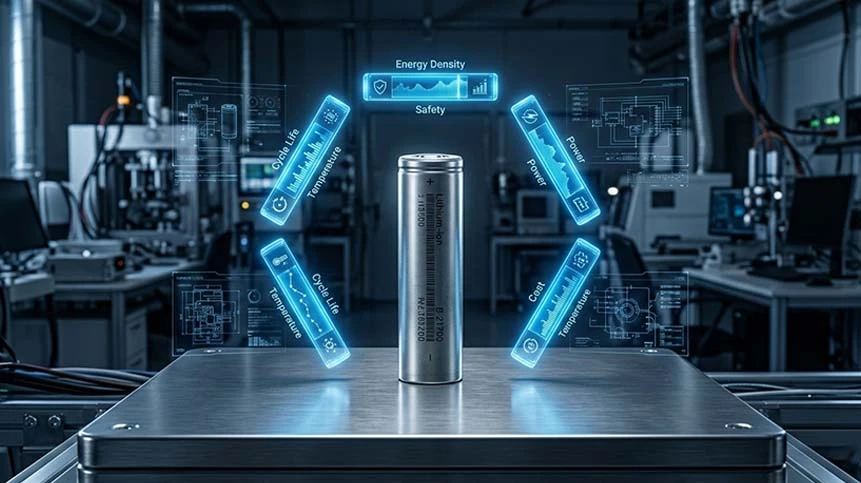 May.2026.02.27Lithium-Ion Batteries: The Six Constraints Blocking the Path to PerfectionLearn More
May.2026.02.27Lithium-Ion Batteries: The Six Constraints Blocking the Path to PerfectionLearn More -

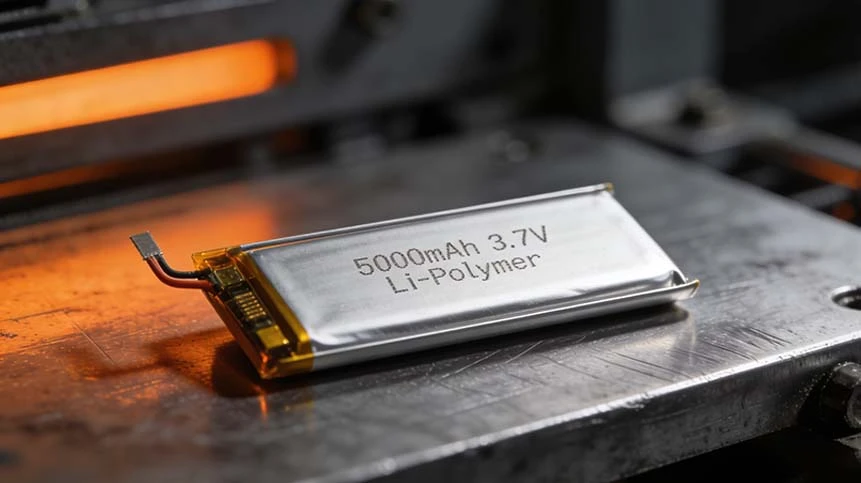 May.2026.02.25Li-Polymer Battery 5000mAh: Complete Technical & OEM GuideLearn More
May.2026.02.25Li-Polymer Battery 5000mAh: Complete Technical & OEM GuideLearn More -

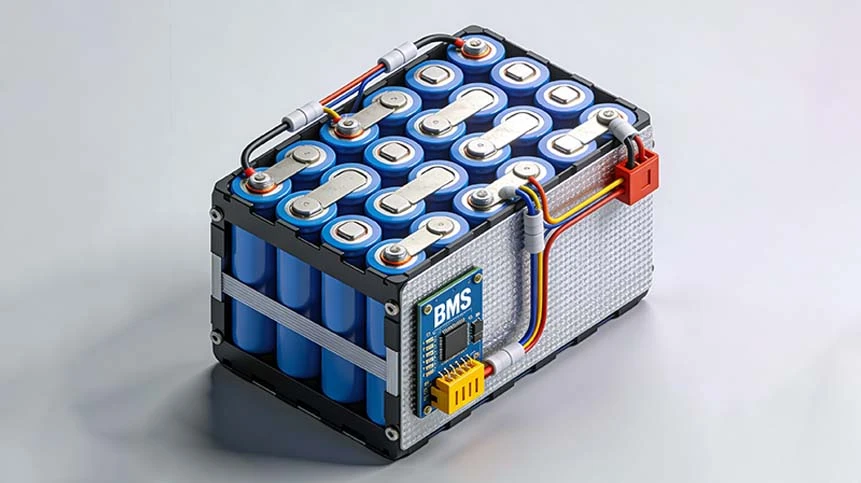 May.2026.02.24The Unparalleled Advantages of Lithium-Ion Batteries Over Traditional BatteriesLearn More
May.2026.02.24The Unparalleled Advantages of Lithium-Ion Batteries Over Traditional BatteriesLearn More -

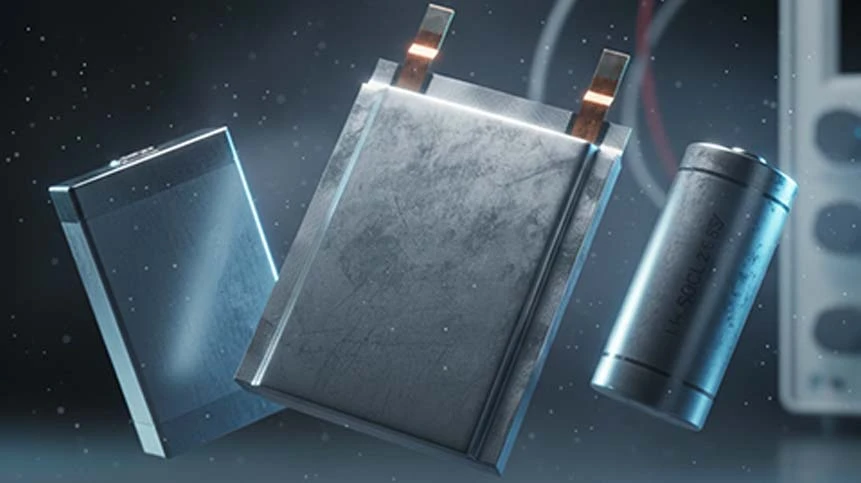 May.2026.02.243.6 Volt Battery: Complete Technical Guide for Engineers & BuyersLearn More
May.2026.02.243.6 Volt Battery: Complete Technical Guide for Engineers & BuyersLearn More -

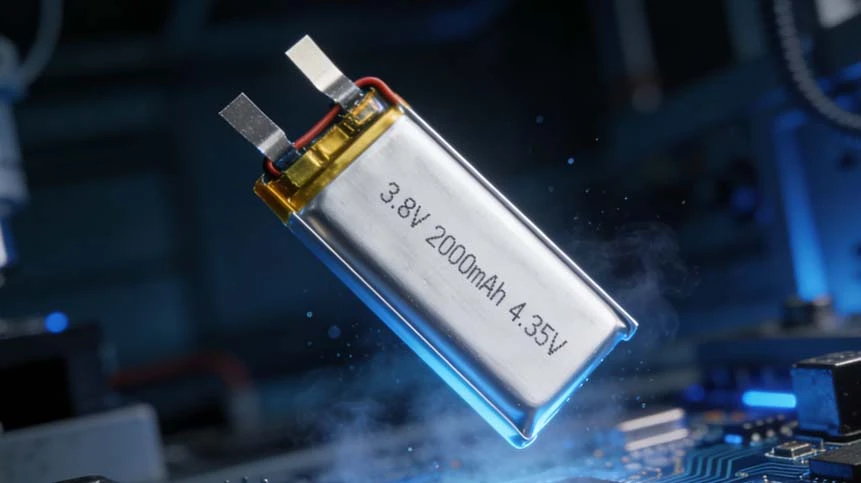 May.2026.02.24What Is a 3.8V LiPo Battery? A Complete Engineering & OEM GuideLearn More
May.2026.02.24What Is a 3.8V LiPo Battery? A Complete Engineering & OEM GuideLearn More




